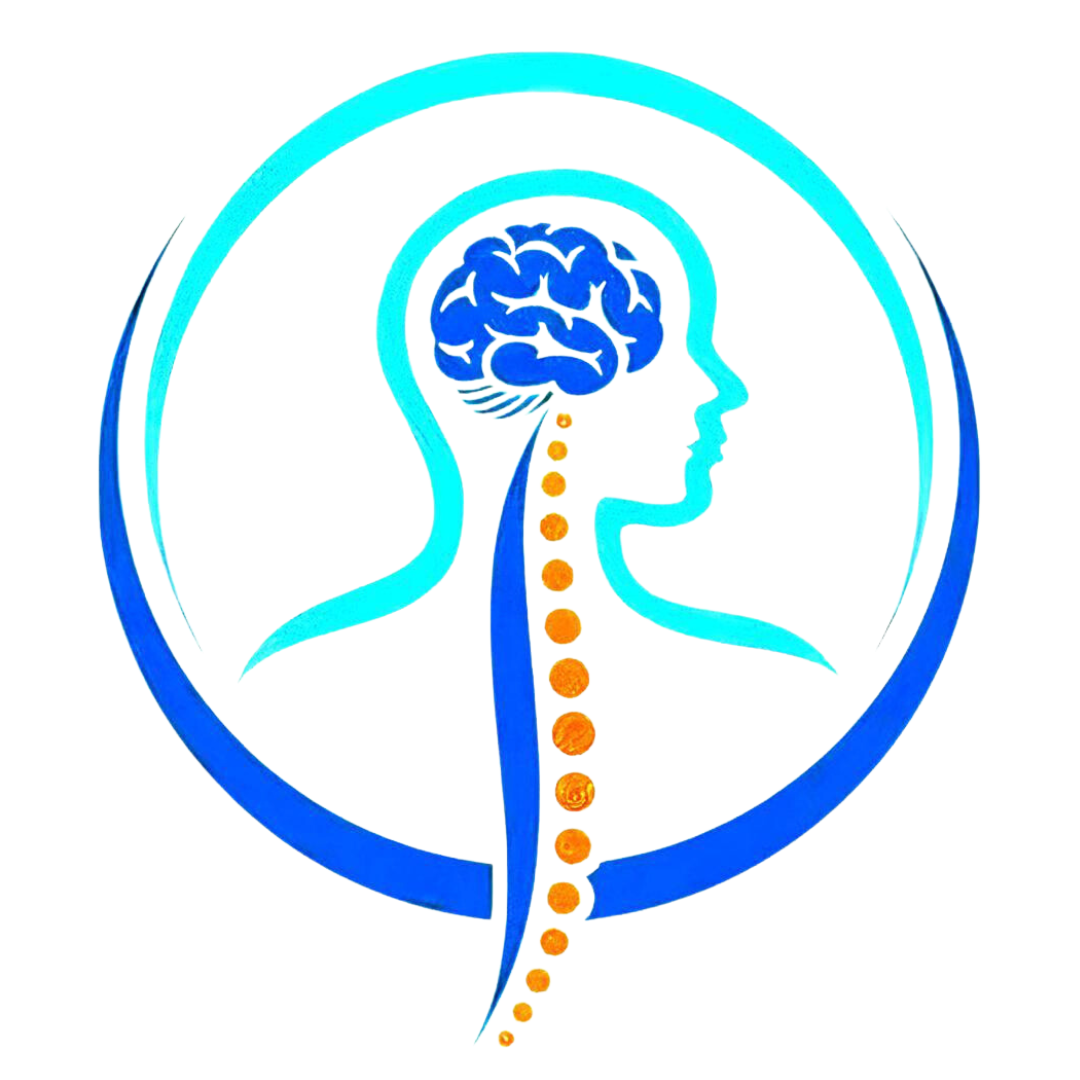Alzheimer's disease is a progressive neurological disorder that primarily affects memory, thinking, and
behavior. It is the most common cause of dementia, a general term for a decline in cognitive function
and the ability to perform daily activities. Alzheimer's disease gradually impairs a person's ability to
remember, learn, communicate, and carry out everyday tasks.


Key Characteristics:
- Memory Impairment: One of the earliest and most prominent symptoms is memory loss, especially recent memories. Individuals may have difficulty recalling conversations, events, or appointments.
- Cognitive Decline: As the disease progresses, cognitive functions such as reasoning, problem-solving, decision-making, and language skills deteriorate.
- Disorientation: People with Alzheimer's may become confused about time, place, and people. They may get lost even in familiar surroundings.
- Mood and Behavioral Changes: Changes in mood, personality, and behavior are common. Individuals might become anxious, agitated, irritable, or withdrawn.
- Loss of Independence: As the disease advances, individuals may struggle with tasks of daily living, such as bathing, dressing, eating, and using the bathroom.
- Communication Difficulties: Difficulty finding the right words, repeating questions or statements, and trouble understanding conversations may occur.
Causes and Risk Factors:
- The exact cause of Alzheimer's is not fully understood, but it involves a combination of genetic, environmental, and lifestyle factors.
- Age is the most significant risk factor; the risk increases with advancing age.
- A family history of Alzheimer's, certain genetic mutations, and having a history of head trauma are also considered risk factors.
Diagnosis and Stages:
- Diagnosis is primarily clinical and involves assessing the person's medical history, cognitive function, and behavior. Brain imaging (such as MRI or PET scans) may also be used to rule out other conditions.
- Alzheimer's disease is often categorized into three stages: mild (early-stage), moderate (middle-stage), and severe (late-stage). Each stage presents specific challenges and symptoms.
Treatment and Management:
- While there is no cure for Alzheimer's disease, various medications and interventions can help manage symptoms and improve quality of life.
- Cholinesterase inhibitors and memantine are medications that can help alleviate cognitive symptoms to some extent.
- Non-drug interventions, including cognitive and behavioral therapies, as well as creating a structured and supportive environment, can provide benefits.
- Caregiver support and education are vital as the disease progresses.
Research and Outlook:
- Ongoing research aims to better understand the underlying causes of Alzheimer's and develop new treatments.
- Early diagnosis and interventions can help manage symptoms and improve the quality of life for individuals with Alzheimer's and their caregivers.
